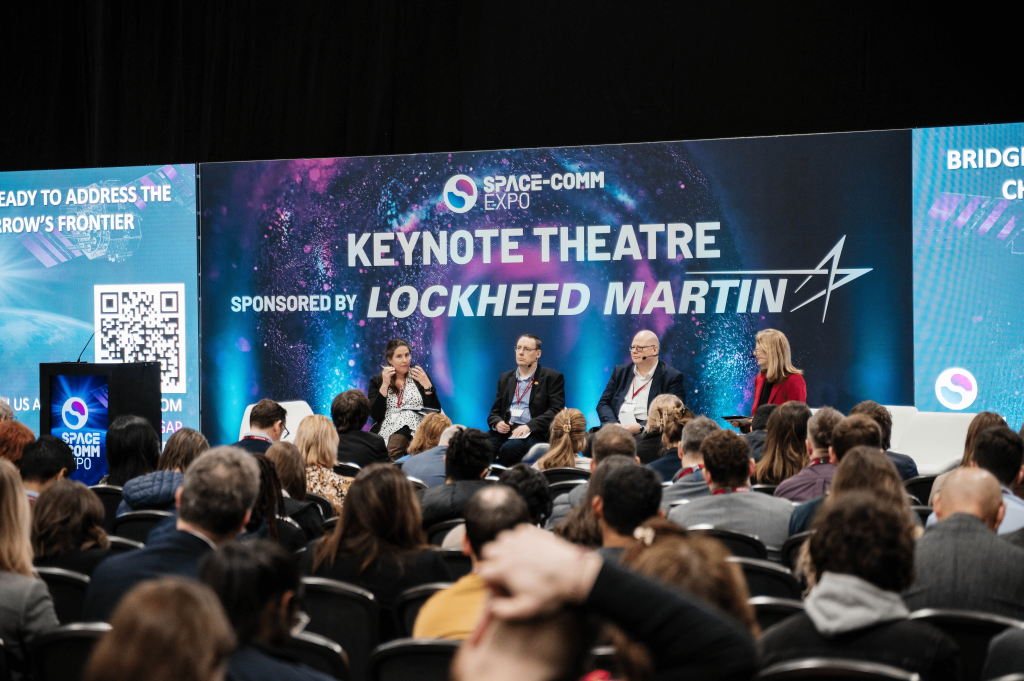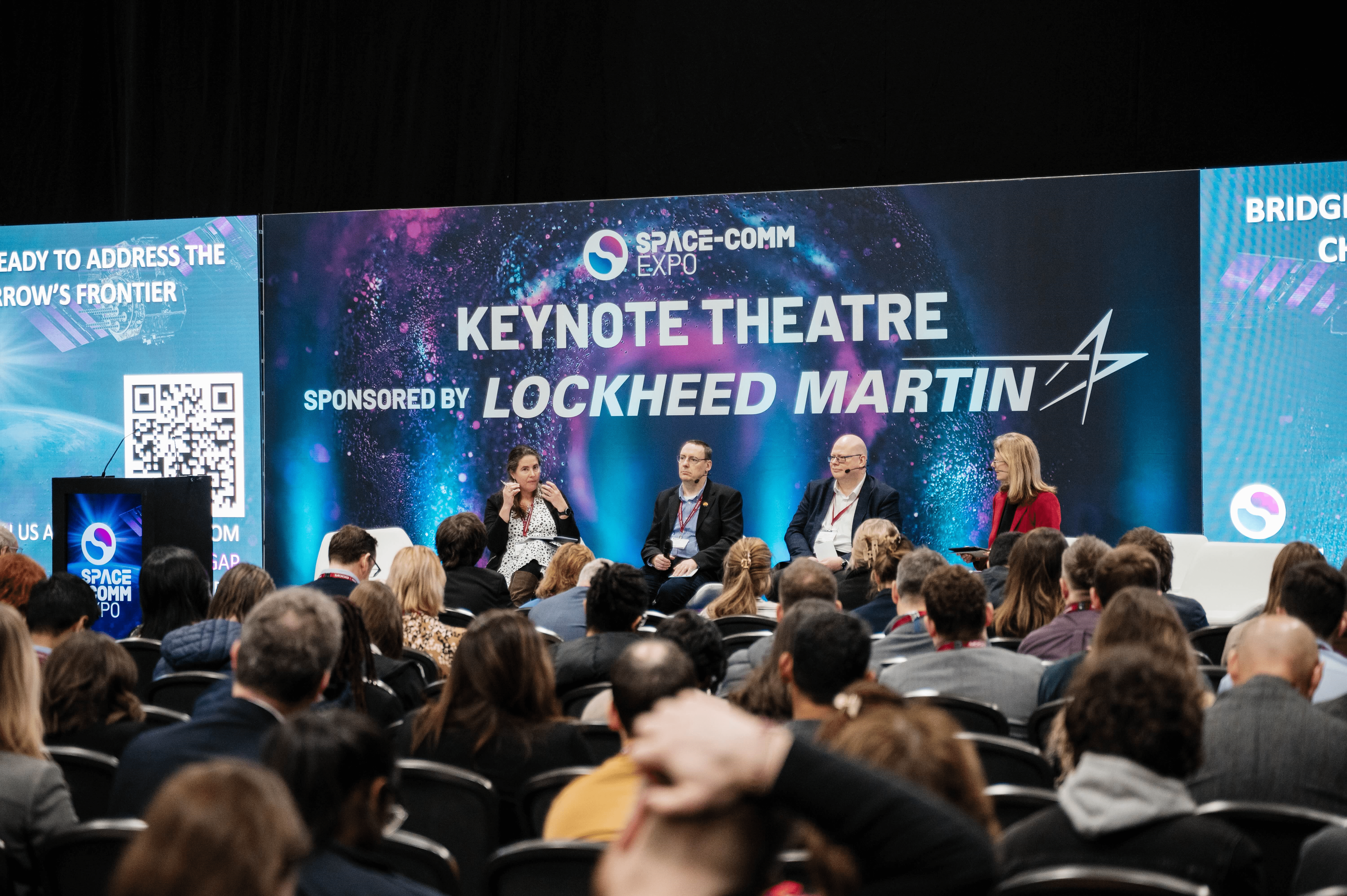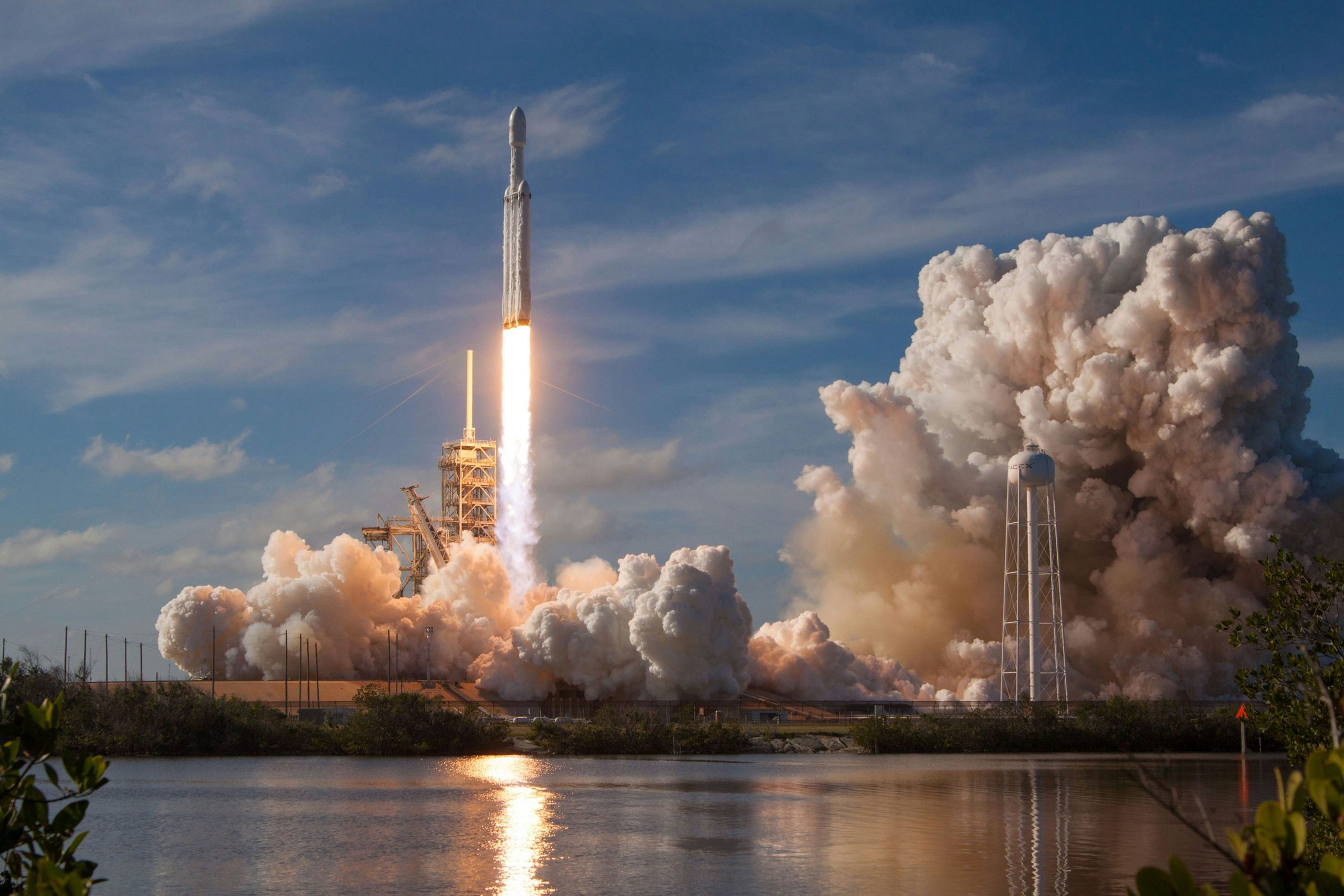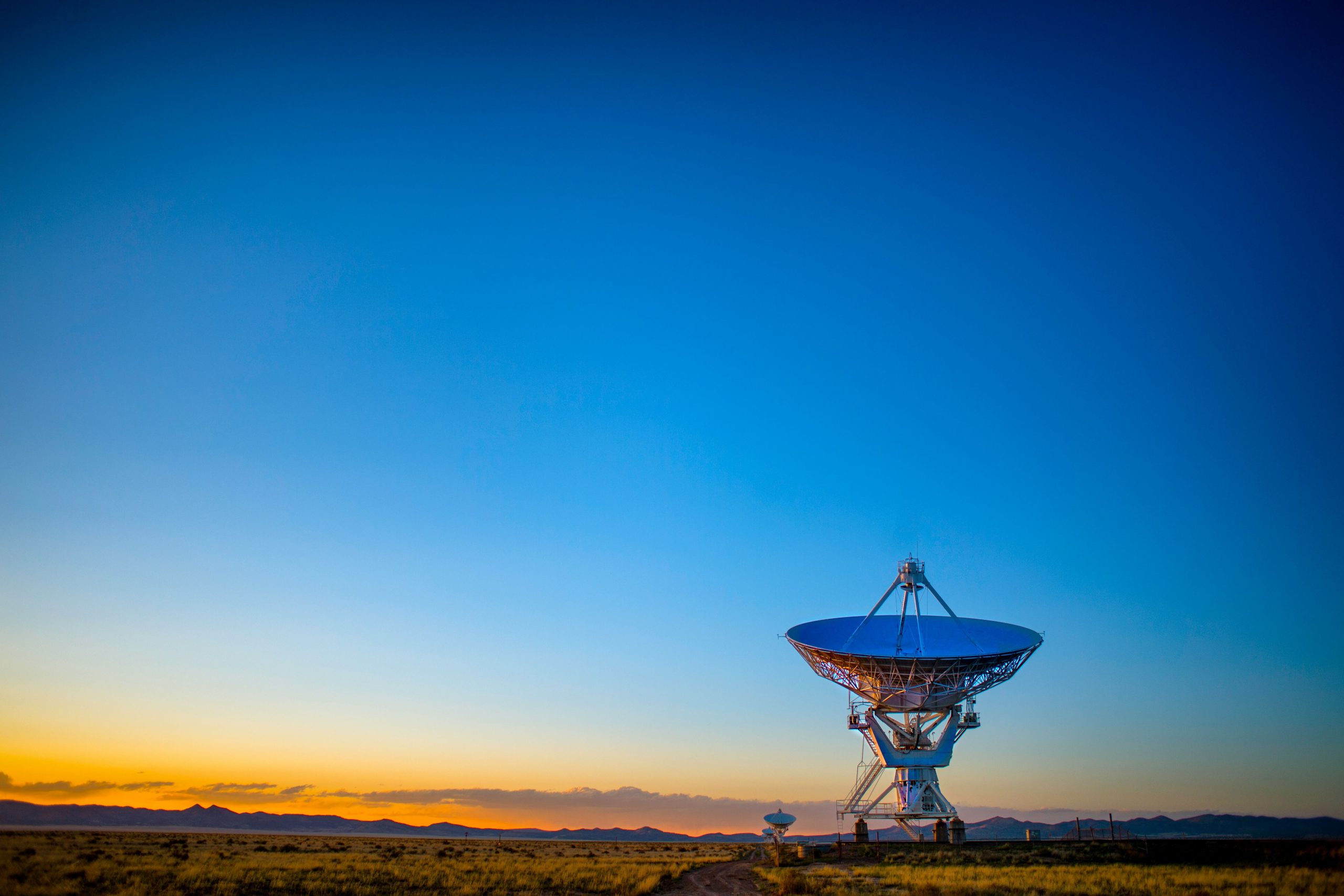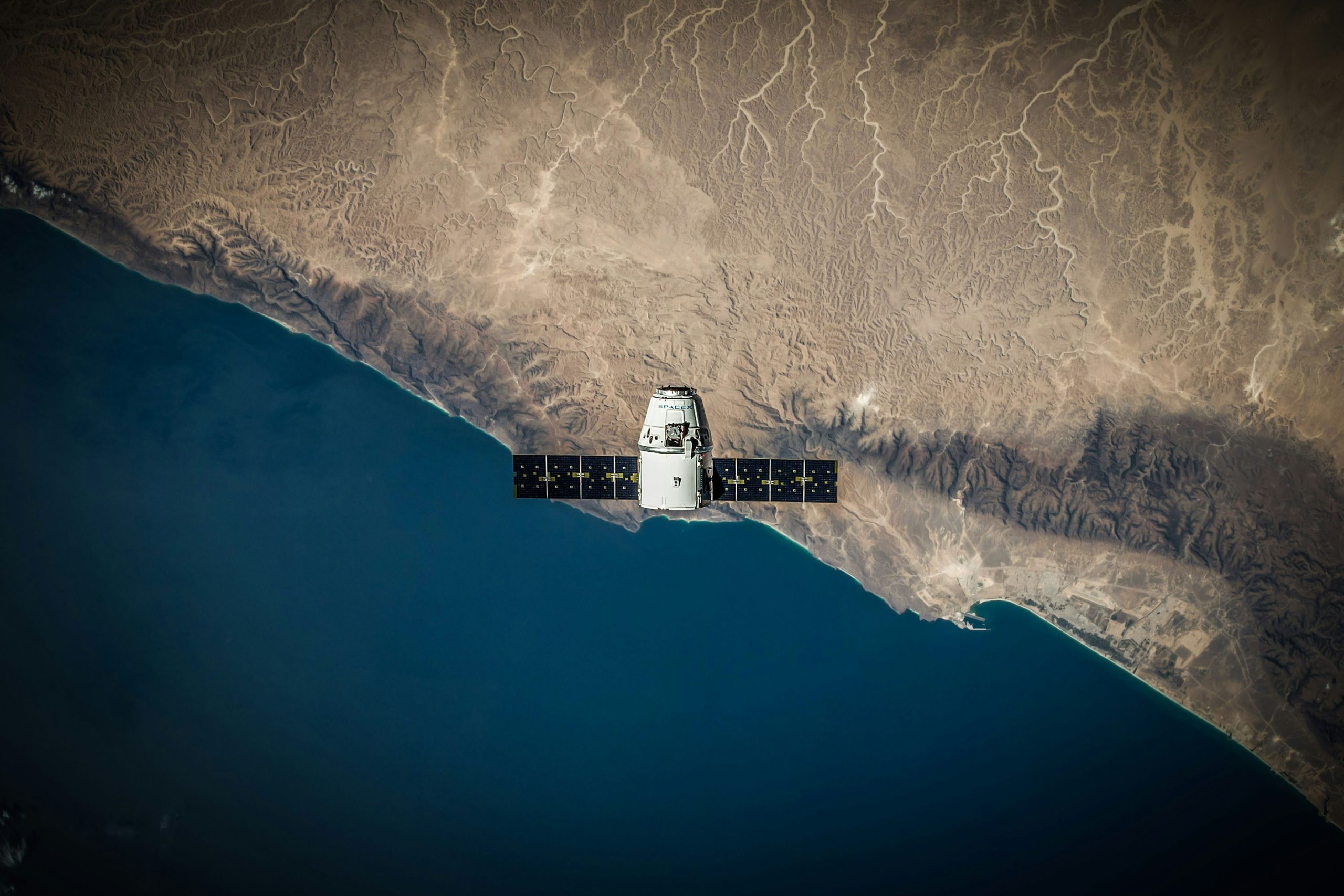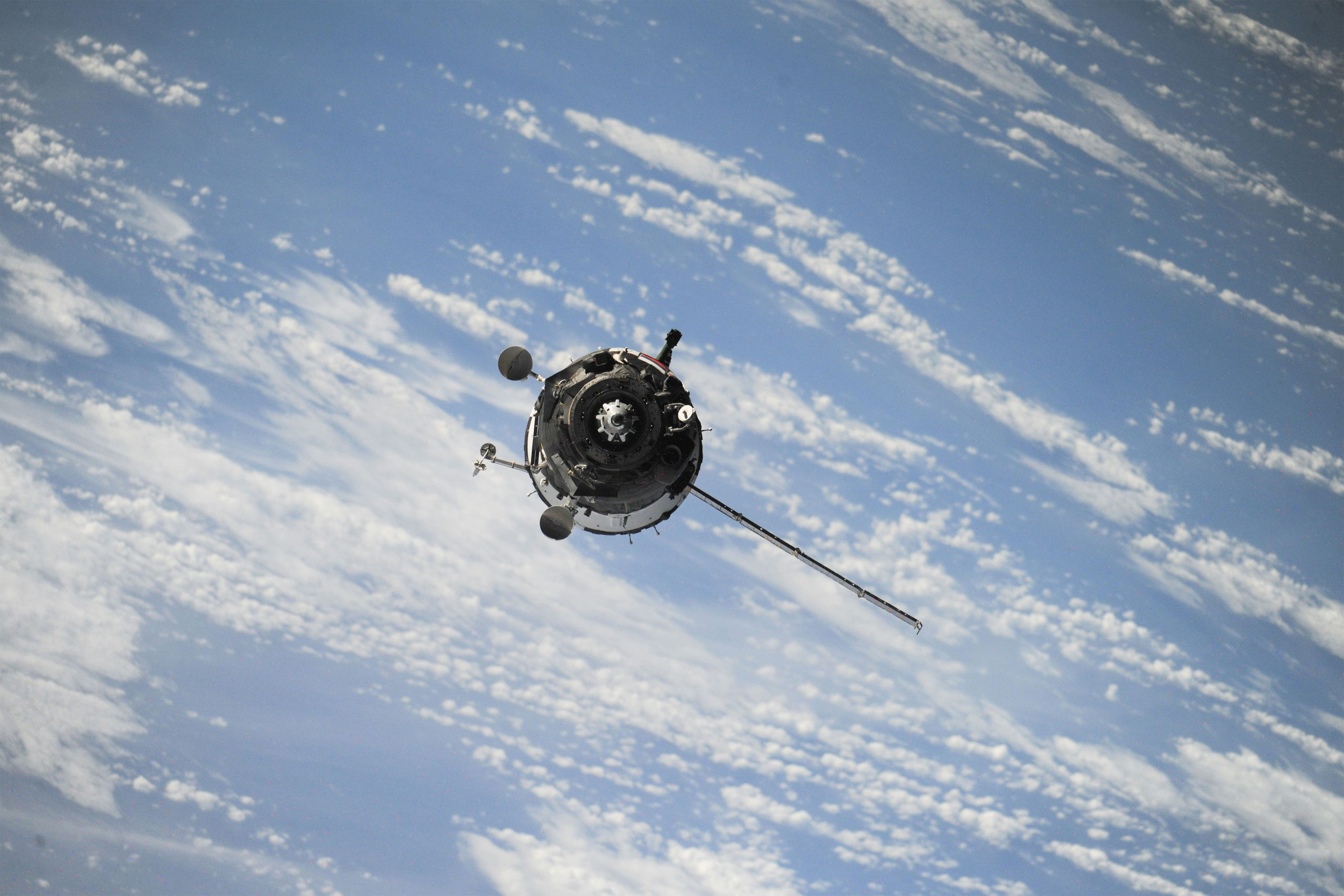The neuco Satellite & NewSpace team recently attended Space-Comm Expo 2025 at London’s ExCeL, the UK’s largest and most influential space industry event. With over 5,400 delegates, 190 exhibitors, and 200 speakers from more than 50 nations, the event showcased the latest innovations and fostered global collaborations.
Key Highlights from Space-Comm Expo 2025:
Record-Breaking UK Contracts
The UK space sector secured an additional £112 million (€134 million) in contracts through the European Space Agency (ESA) between June 2022 and December 2024. This milestone is a testament to the UK’s growing influence in the space industry, with contracts contributing over £1 billion in wider economic benefits.
3D Printing’s Expanding Role
One of the most exciting developments discussed at the expo was the rise of 3D printing in space applications. From reducing costs to enabling in-orbit manufacturing, the potential for additive manufacturing is set to revolutionise how we build and maintain satellites and space structures.
Global Space Diplomacy Initiatives
With increasing geopolitical tensions, collaboration in space has never been more critical. A closed-door Ambassador Programme at the expo brought together space agencies, ambassadors, and defence leaders to discuss the peaceful and sustainable use of space. This initiative underscores the importance of international cooperation in securing the future of the industry.
Strategic Investments and Global Expansion
Significant investments in Space-Comm Expo are set to strengthen the UK’s position as a global space hub. These investments will not only enhance the event’s international reach but also support emerging technologies and foster deeper industry partnerships.
Looking Ahead
Space-Comm Expo 2025 reinforced the UK’s position at the forefront of space innovation. The emphasis on sustainability, cutting-edge technology, and global collaboration aligns with neuco’s mission to support the future of the industry through talent and expertise.
A huge thank you to everyone who took the time to connect with us at the expo! If you’re looking for top talent in the satellite industry or want to chat about market trends, let’s connect.
